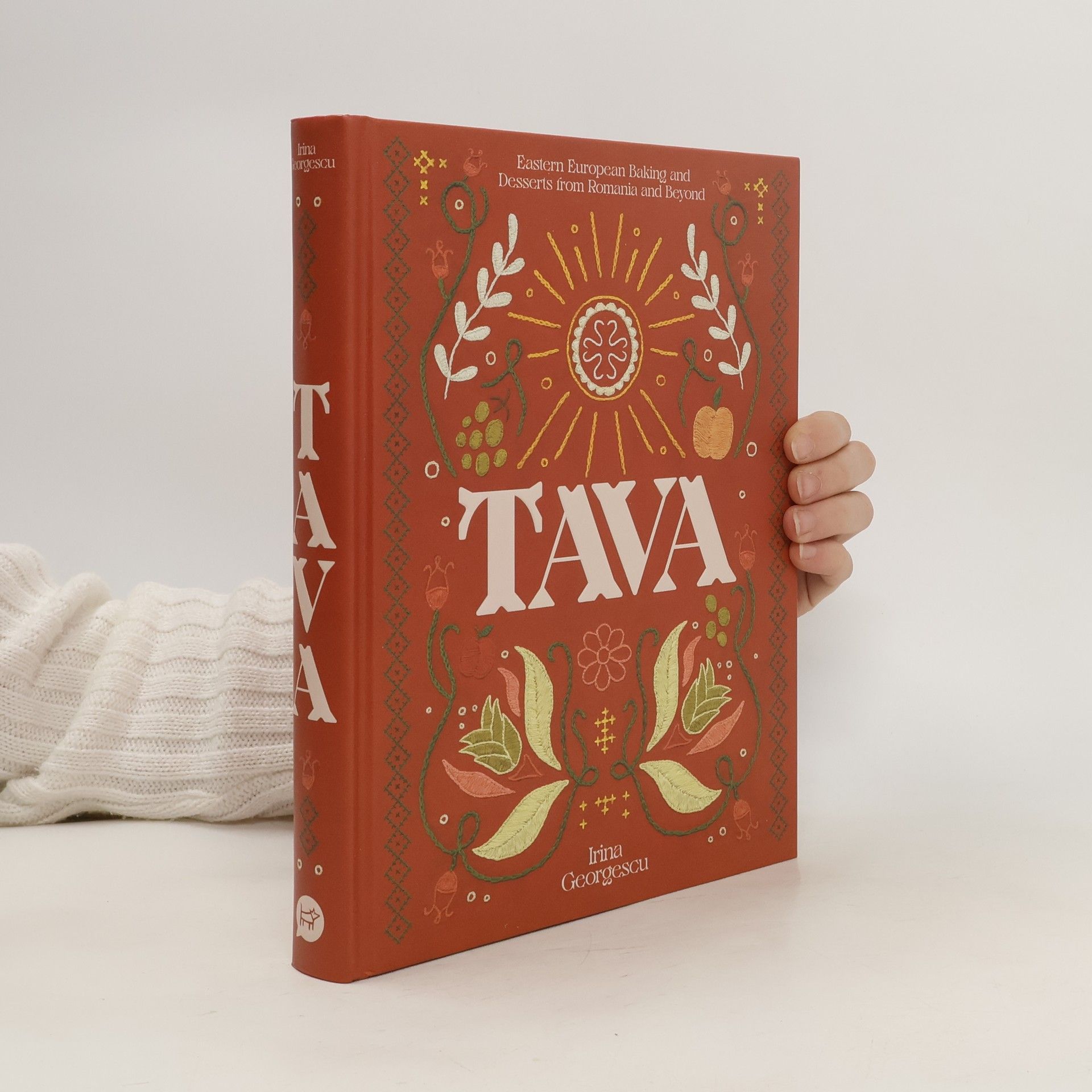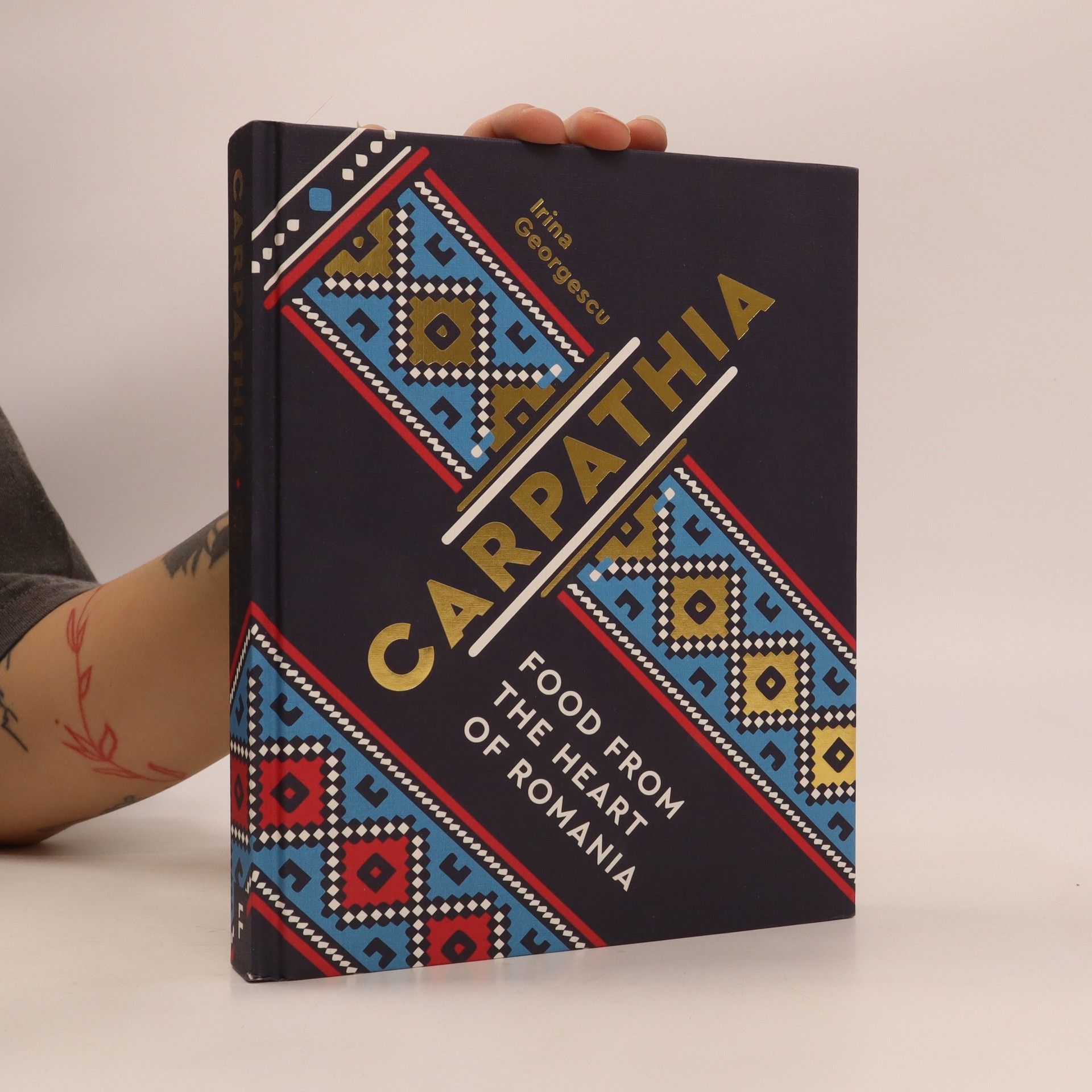A collection of cake, bake and dessert recipes from Romania and Eastern Europe
Irina Georgescu Book order (chronological)
Irina Georgescu is a food writer whose work draws on her Eastern European heritage. She believes deeply in exploring the world through food, understanding people through what they eat, and placing culinary traditions within historical context. Her passion for Romanian foodways led her to pursue her dream of writing about this rich heritage. Inspired by her mother and grandmother, her life in bustling Bucharest, and her extensive research into her country's history and cuisine, she crafts dishes that honor tradition while offering her own distinct interpretations.



Rumänien fasziniert mit seinen Karpaten und beeindruckenden Burgen. Die rumänische Küche, reich an Traditionen, bietet eine Vielfalt an Gerichten wie Ciorbă, Mămăligă und Plăcintă. Irina Georgescu nimmt die Leser mit in die Küchen ihrer Kindheit, wo die Aromen zum Verweilen einladen. Ausgezeichnet von der GAD mit der Silbermedaille.
Carpathia. Food From the Heart of Romania
- 224 pages
- 8 hours of reading
Romania is a true cultural melting pot, rooted in Greek and Turkish traditions in the south, Hungarian and Saxon in the north and Slavic in the east and west. Carapathia, the first book from food stylist and cooking enthusiast Irina Georgescu, aims to introduce readers to Romania's bold, inventive and delicious cuisine. Bringing the country to life with stunning photography and recipes, it will take the reader on a culinary journey to the very heart of the Balkans, exploring it's history and landscape through it's traditions and food. From fragrant pilafs, sour borsch and hearty stews, to intricate and moreish desserts, this book celebrates the dishes from a culture living at the crossroads of eastern and western traditions.